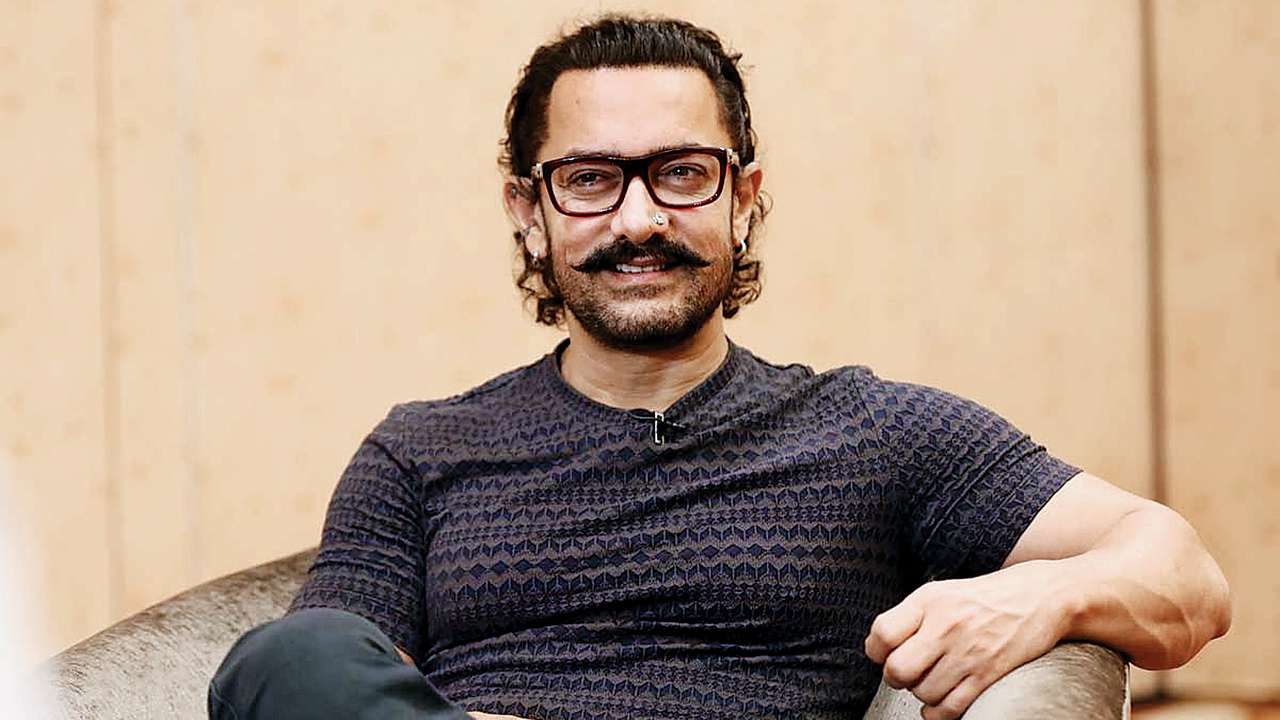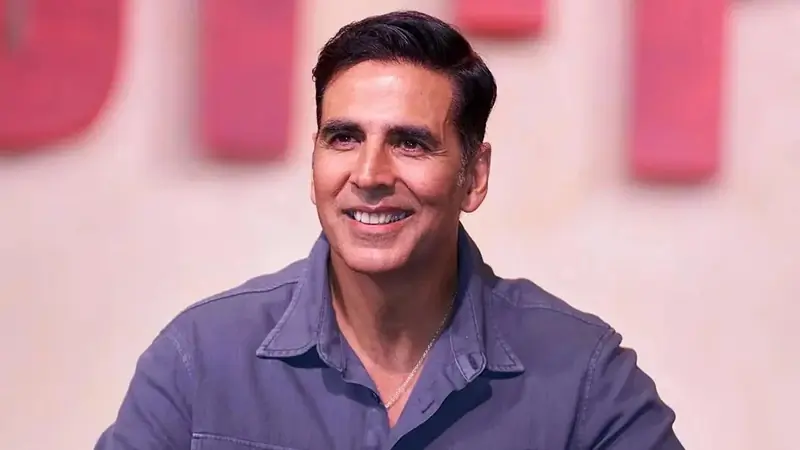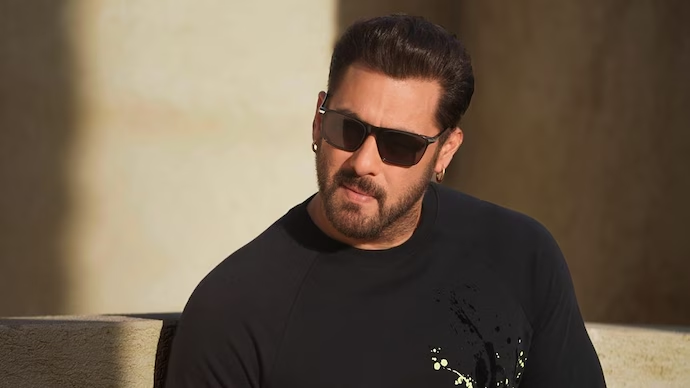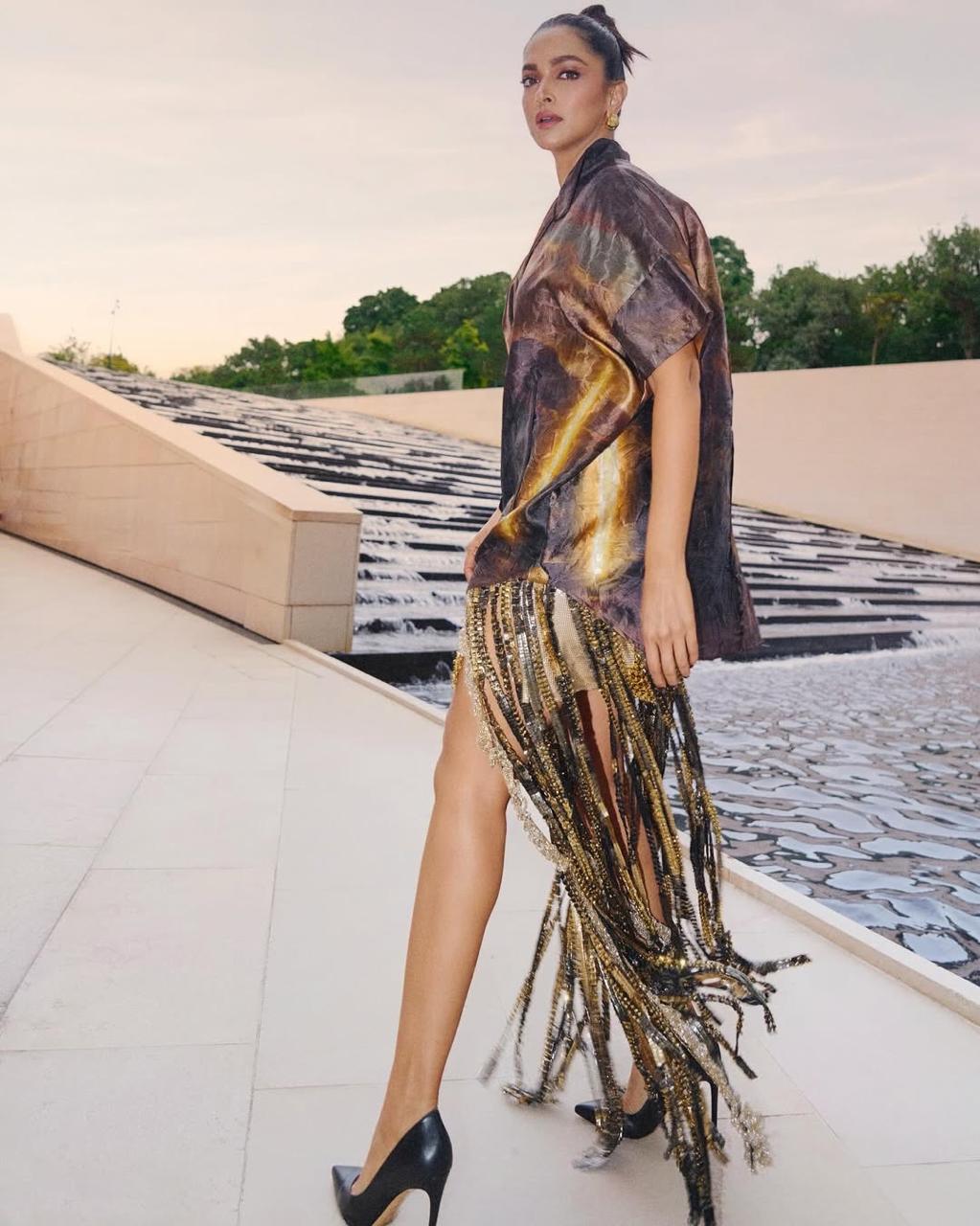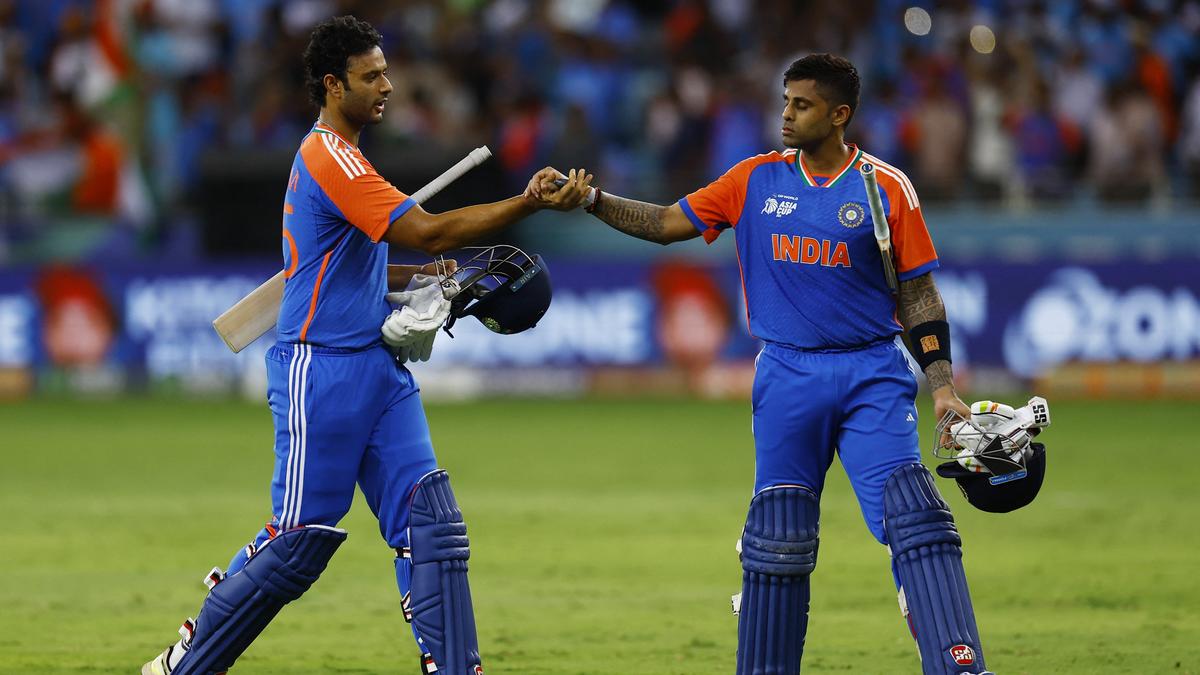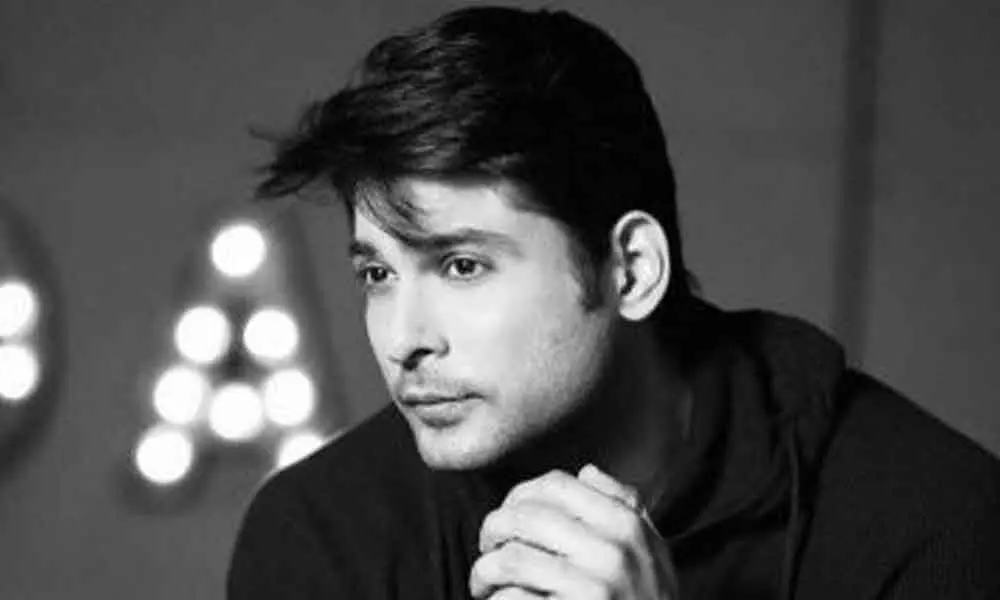Shashi Kapoor Biography: Life Story, Career, Family, Movies & Achievements
Introduction
Shashi Kapoor was one of Bollywood’s most charming and beloved actors, known for his dashing looks, romantic persona, and effortless acting. A member of the legendary Kapoor family, he starred in over 175 films across Hindi and English cinema, leaving an indelible mark both in India and internationally. From romantic blockbusters like Jab Jab Phool Khile and Kabhi Kabhie to meaningful art films like New Delhi Times and Junoon, Shashi Kapoor balanced commercial stardom with critically acclaimed performances, making him one of the most versatile stars of his generation.
Personal Information
- Full Name: Balbir Raj Kapoor (known professionally as Shashi Kapoor)
- Date of Birth: 18 March 1938
- Birthplace: Calcutta (now Kolkata), Bengal Presidency, British India
- Nationality: Indian
- Zodiac Sign: Pisces
- Died: 4 December 2017, Mumbai, Maharashtra, India (aged 79)
Physical Appearance
- Height: 5 feet 11 inches (180 cm)
- Weight: Approx. 75 kg
- Hair Color: Black (later salt & pepper)
- Eye Color: Brown
- Distinctive Feature: Charming smile and romantic screen presence
Early Life & Family Background
Shashi Kapoor was born into the legendary Kapoor family, which shaped the history of Indian cinema.
- Father: Prithviraj Kapoor – pioneering actor and founder of Prithvi Theatre.
- Mother: Ramsarni Devi Kapoor.
- Brothers: Raj Kapoor and Shammi Kapoor – both iconic film stars.
Growing up in a family steeped in theatre and film, Shashi was drawn to acting from an early age.
Education Journey
- Attended Don Bosco School, Mumbai.
- Trained extensively in theatre while performing with Prithvi Theatre, his father’s travelling theatre group, where he worked as a child artist and stage manager.
Early Career & Child Artist Days
- Began acting as a child artist in films directed by his elder brother Raj Kapoor, such as Aag (1948) and Awara (1951).
- Worked behind the scenes at Prithvi Theatre, gaining valuable stage experience that would shape his naturalistic acting style.
Film Debut & Rise to Stardom
- Debut as a Lead Actor: Dharmputra (1961).
- Early success followed with romantic hits like:
- Jab Jab Phool Khile (1965) – His charming portrayal of a Kashmiri boatman opposite Nanda became a career-defining role.
- Waqt (1965) – A multi-starrer blockbuster where he held his own alongside stars like Sunil Dutt and Raaj Kumar.
- Became the go-to romantic hero of the 1960s and early 1970s, starring opposite leading actresses like Sharmila Tagore, Hema Malini, and Zeenat Aman.
Bollywood Journey & Iconic Films
Shashi Kapoor balanced mainstream romantic roles with powerful character-driven performances:
- Jab Jab Phool Khile (1965)
- Waqt (1965)
- Kabhi Kabhie (1976)
- Deewar (1975) – Delivered the iconic dialogue “Mere paas maa hai” opposite Amitabh Bachchan, which remains etched in Bollywood history.
- Trishul (1978)
- Satyam Shivam Sundaram (1978)
- Kalyug (1981)
- New Delhi Times (1986) – Earned the National Film Award for Best Actor.
International Career
Shashi Kapoor was one of the first Indian actors to achieve global recognition:
- Starred in several acclaimed Merchant-Ivory productions, including The Householder (1963), Shakespeare Wallah (1965), Heat and Dust (1983), and The Deceivers (1988).
- Introduced Indian cinema to international audiences and built a bridge between Bollywood and world cinema.
Producer & Theatre Revival
- Produced meaningful films under the banner Film-Valas, including Junoon (1978), Kalyug (1981), 36 Chowringhee Lane (1981), and Utsav (1984).
- Revived Prithvi Theatre in Mumbai in 1978 in memory of his father Prithviraj Kapoor, turning it into a hub for new-age theatre and cultural exchange.
Awards & Achievements
- National Film Award for Best Actor (1986): New Delhi Times.
- Filmfare Lifetime Achievement Award (2010).
- Padma Bhushan (2011): India’s third-highest civilian honor.
- Dadasaheb Phalke Award (2014): India’s highest award in cinema, honoring his lifetime contribution.
Personal Life
Shashi Kapoor’s personal life reflected romance, tragedy, and deep family values:
- Marriage & Family:
- Married Jennifer Kendal in 1958, an accomplished British actress he met while touring with Prithvi Theatre. Their love story is remembered as one of Bollywood’s most heartwarming cross-cultural unions.
- Together, they had three children: Kunal Kapoor (actor and ad filmmaker), Karan Kapoor (photographer and former model), and Sanjana Kapoor (theatre personality who now runs Prithvi Theatre).
- Jennifer passed away in 1984 due to cancer, a loss that profoundly affected Shashi.
- Personality:
- Known for his humility, elegance, and quiet charisma, Shashi was deeply committed to theatre and the arts.
- Despite immense stardom, he maintained a simple lifestyle and was loved by colleagues for his generosity and warmth.
- Later Years:
- Struggled with health issues, including liver problems, in his final years but remained connected to cinema and theatre until his passing in 2017.
Legacy & Influence
Shashi Kapoor remains a symbol of grace and versatility in Indian cinema. He effortlessly blended commercial stardom with meaningful cinema and played a key role in promoting Indian theatre globally. His dialogue from Deewar—“Mere paas maa hai”—is among the most quoted in Bollywood history. Today, his contributions continue through Prithvi Theatre and the thriving artistic careers of his children and grandchildren.
FAQs
Q1: What was Shashi Kapoor’s real name?
A: Balbir Raj Kapoor.
Q2: Which was Shashi Kapoor’s debut film as a lead?
A: Dharmputra (1961).
Q3: Who was Shashi Kapoor’s wife?
A: Jennifer Kendal, a British actress.
Q4: Did Shashi Kapoor act in English films?
A: Yes, he starred in several Merchant-Ivory productions, gaining international acclaim.
Q5: What are Shashi Kapoor’s most iconic films?
A: Deewar, Jab Jab Phool Khile, Waqt, Kabhi Kabhie, Junoon, and New Delhi Times.
